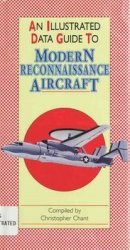The motif of a flood that inundates the world and destroys the human race with the exception of a select few is found in the mythology and legends of other cultures, particularly in the Mediterranean and West Asia, but also in other parts of the world. In Mesopotamia, the Sumerian Ziusudra was a pious king who was warned by one of the gods about an impending flood. He saved himself by building a boat while the rest of mankind was destroyed.
In the Epic of Gilgamesh, also from Mesopotamia, Utnapishtim survives the flood by building an ark. The major difference between this myth and its Greek equivalent is that the hero becomes immortal. In the Biblical book of Genesis, God decides to destroy the human race because of its wickedness, but warns Noah, who builds an ark and rescues creation by preserving a pair of each species.
Similar stories are found in northern Europe, Africa, Central Asia, China, Southeast Asia, and Australasia. In outline, they are almost always the same: A corrupt and

Above: The sanctuary of Athena at Delphi. Many Greeks believed that this was where Deucalion and Pyrrha’s ark came to rest after the flood. It was also the site of the most famous oracle in Greece.
Sinful human race is destroyed by angry gods in a great flood, but one or more persons are warned, and so he or they take refuge in a vessel to ride out the waters of the flood. The survivors then become the ancestors through whom humankind, and often other species as well, are able to continue. An occasional variant on this basic theme is that the gods send the flood because Earth was becoming overpopulated by humans.




 World History
World History









